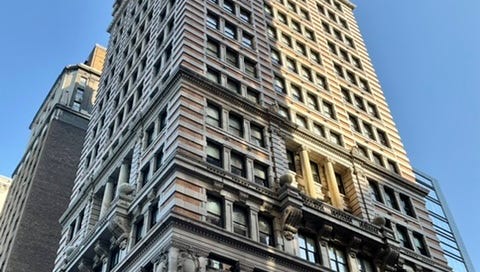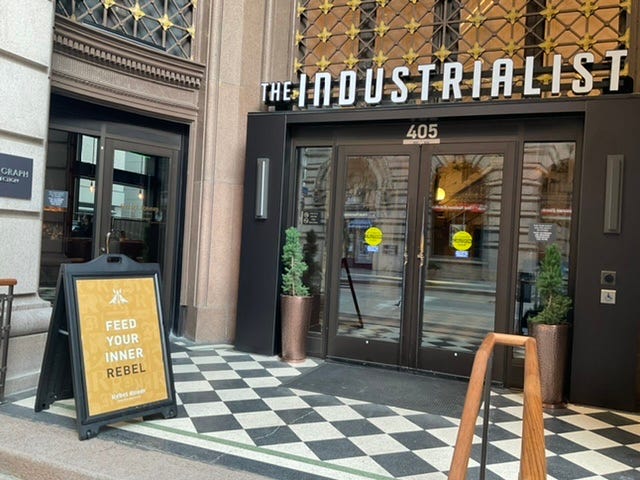My favorite new Pittsburgh, Pennsylvania hotel is a small downtown hotel with a rare and glorious name: the Industrialist. When I stayed there during a recent visit, I felt at home. A front desk clerk provided what housekeeping—a reduced service across the hospitality profession—could not. Bartenders Justin and Carlos took care of drinking and dining service in the Rebel Room, which is named after the capitalist who thinks different to make money. The Industrialist, like Autonomia, debuted in 2021.
Keep reading with a 7-day free trial
Subscribe to Autonomia to keep reading this post and get 7 days of free access to the full post archives.




